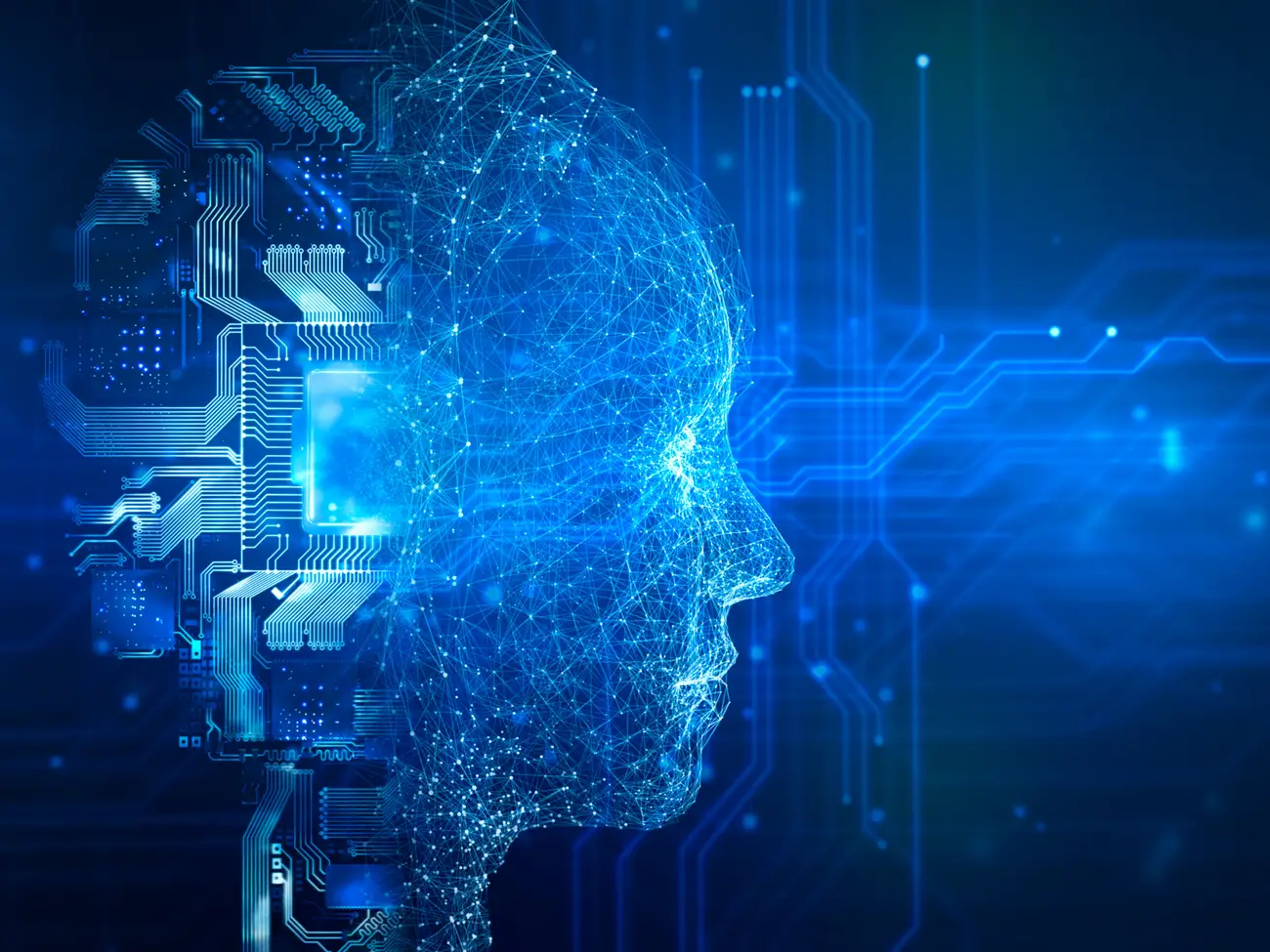Envision a world where AI tutors tailor your child’s education, doctors harness AI diagnostics for swifter and more precise diagnoses, and self-driving cars dramatically curtail traffic accidents. Artificial intelligence (AI) brims with potential for a brighter future. However, to transform this potential into reality, fostering public trust in AI is not just important. It’s imperative.
One of the most significant barriers to trust is the fear of the unknown. AI algorithms can be intricate, and their decision-making processes are often mysterious. This lack of transparency can breed suspicion and anxiety. But, together, we can bridge this gap. Here’s how we, as a collective, can champion responsible AI development:
Bringing Clarity to the Algorithm: Explainability is the cornerstone. Developers should strive to create AI systems where users can comprehend how they arrive at decisions. This allows for human oversight but also aids in identifying and rectifying potential biases within the algorithms, ensuring a fair and just AI ecosystem.
Fairness for All: Imagine an AI-powered loan application system that inadvertently disadvantages specific demographics based on historical data. To prevent such scenarios, fairness audits are essential. AI datasets must be diverse and representative of the population the system will serve.
Privacy by Design: Our data is the fuel that powers AI. Therefore, ensuring user privacy is paramount. Robust security measures should be in place to protect sensitive information. Users deserve control over their data and the option to opt out of its collection.
Humans Remain in Charge: Humans must be the ultimate decision-makers despite AI’s power. Clear lines of accountability for AI-driven actions need to be established. AI should be seen as a tool to augment human capabilities, not replace our judgment.
Building Bridges, Not Walls: Fostering public dialogue about AI is crucial. Open discussions about the ethical implications of AI development will help build trust and identify potential pitfalls.
Following these principles can create a future where AI works for us, not against us. A future where trust reigns supreme, allowing AI to become a powerful force for positive change. AI’s potential benefits are vast, but we can only unlock its true potential for good through responsible development and transparent communication.






